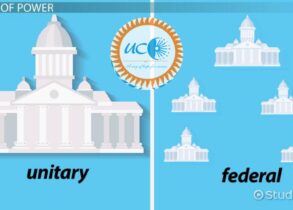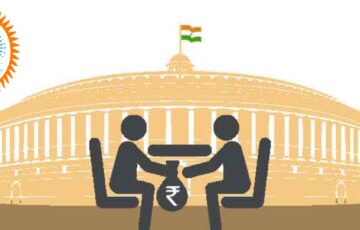Making The Indian Bureaucracy More Effective.
Q5. While the Civil Services Board can be a step forward in making the Indian bureaucracy more effective, it has its own issues which need to be addressed. Analyse.
The Civil Services Board (CSB) is a panel formed to regulate transfers and postings of higher ranking civil services officers in the country. It is headed by the cabinet secretary at the national level and chief secretaries at the state level. The Department of Personnel Rules 2016 made it mandatory for all states to set up such boards, following the recommendations of the Hota Committee (2004), 2nd ARC and Supreme Court (SC) judgment in T S R Subramanian and others v. Union of India case, 2013. The creation of Civil Services Boards would make the bureaucracy more effective in the following ways:
- It would help in shielding the bureaucracy from political interference and put an end to frequent and arbitrary transfers of civil servants, which is a major reason for the declining morale of civil servants and standards of administration.
- Security of tenure and politicization would provide stability to the civil servants, which can ensure good governance in the country. Moreover, it will ensure fair postings for all officers.
- It would establish an accountability mechanism, which promotes transparency and accountability in administration.
- The public administrators will feel safe and try to stick to the rules instead of pleasing political bosses.
- Shielding from political interference would help bring neutrality and objectiveness in the functioning of civil servants.
- Longer and stable tenures would result in better learning outcomes for public servants and improved service delivery for people. Issues associated with it:
- Recommendatory nature: The governments may amend, modify or reject the recommendations of the civil services board for the reasons to be recorded in writing.
- Lack of Compliance: Only 20 states have formed a CSB so far, latest being Punjab in 2020. States such as Madhya Pradesh and Tamil Nadu have not complied with the mandatory rules on setting up the board.
- Conflict of Interest: The board is to be headed by the bureaucrats who might have a conflict of interest in the process.
- Less accountability to legislators: Stability of tenure may create functional and administrative problems. The officers may overstep the authority and jurisdiction of the state government. It may make them less answerable and accountable to legislators. Despite the SC directive and Centre guidelines, few states are yet to get a Civil Services Board. Therefore, the need is to ensure strict adherence to these guidelines. Further, the governments shouldn’t reject the recommendations of the Civil Services Board on frivolous grounds. Establishing Civil Service Boards would ensure the independence of the civil service, leading to their impartial and non-partisan functioning, which is a prerequisite for good governance in India.









